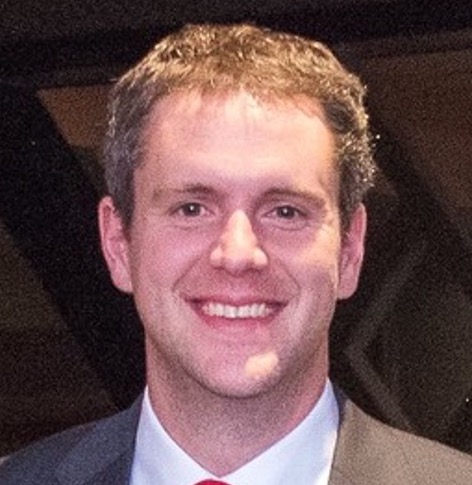“A Convex Lens for Non-Convex Learning”
Wednesday, March 22 at 3:00pm
NEB 409
Or via Zoom
Presented by the Computational Neuroengineering Laboratory
|
|---|
Abstract
A wide variety of non-convex optimization problems that arise in data science can be characterized as the composition of a convex loss function with some convexity destroying transformation. Well known examples include many matrix/tensor factorization and neural network training formulations, where the loss is typically convex but the overall convexity of the problem is destroyed by the matrix/tensor product or the network forward mapping, respectively. This talk will describe a general framework that allows one to study a wide variety of non-convex optimization problems using tools from convex analysis. The analysis provides sufficient conditions to guarantee when local minima are globally optimal, when no spurious local minima are present in the loss surface, and in certain cases guarantees of recovering globally optimal solutions for the non-convex optimization problem in polynomial time. The framework also allows for a wide variety of regularizers to be incorporated into the formulation to recover solutions which satisfy various desired properties. Several applications of the framework will also be discussed for topics in physics constrained representation learning, image/video analysis, and neural network training.
Biography
Dr. Ben Haeffele is an associate research scientist in the Mathematical Institute for Data Science and the Center for Imaging Science at Johns Hopkins University. His research interests involve developing theory and algorithms for processing high-dimensional data at the intersection of machine learning, optimization, and computer vision. In addition to basic research in data science he also works on a variety of applications in medicine, microscopy, and computational imaging. He received his Ph.D. in Biomedical Engineering at Johns Hopkins University and his B.S. in Electrical Engineering from the Georgia Institute of Technology.
Zoom Information
Join Via Zoom
MeetingID: 98960939570
Passcode: 429357

